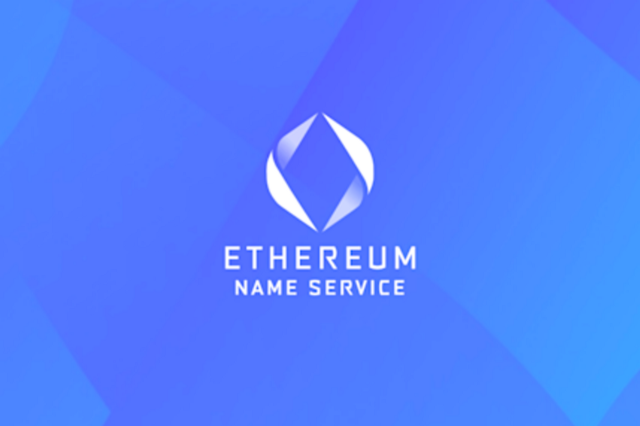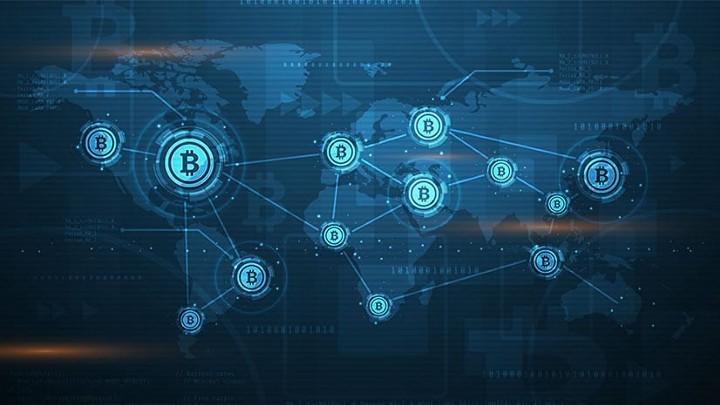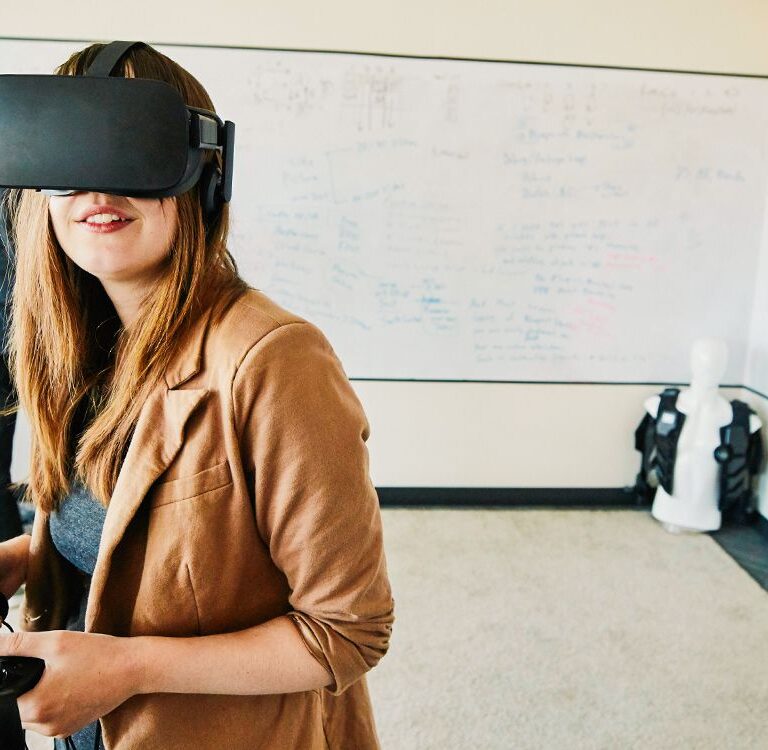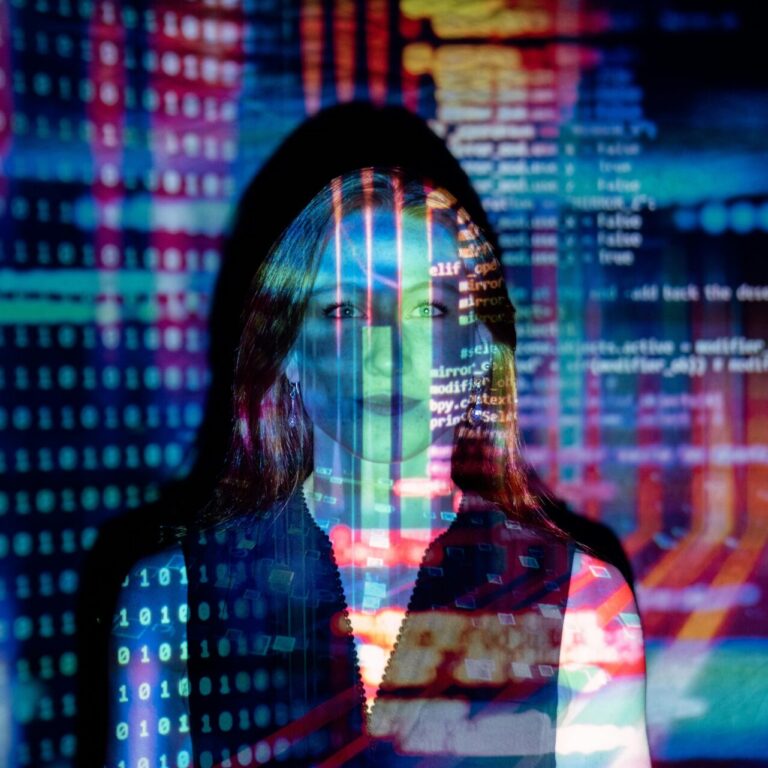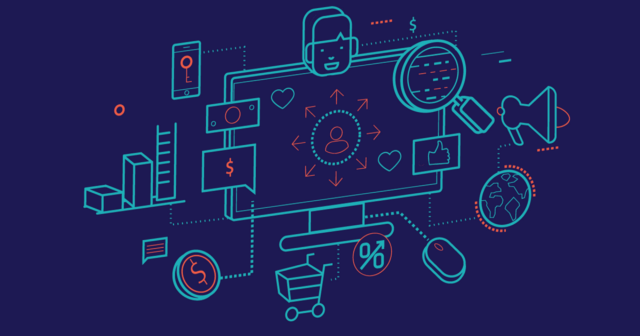What Is a Decentralized Autonomous Organization (DAO)?
Consider arranging with a group of people you don’t know from around the world and working together as a team with no central leader for the same purpose and goal, where you can establish your own rules and make your own decisions independently. All are encoded on a unique technology known as Blockchain technology; cool, right?
Well, DAOs (Decentralized Autonomous organizations) are making this possible.
According to Wikipedia, DAO is defined as an organization introduced by a set of rules encoded as a transparent computer program on the blockchain, controlled by the organization members, and not influenced by a central government. As the rules are embedded into the code, no managers are needed.
How DAOs Work
Any organization can run as a DAO and become fully virtualized using the software. In general, three essential components are required for a DAO to function.
Smart contract creation
First, a core team of developers and community members establish a set of rules through smart contracts. A smart contract is then deployed on the blockchain. These contracts establish the framework within which the DAO will operate. When a set of criteria is met, they self-execute.
Funding
A DAO must have some sort of internal property, such as tokens that can be spent by the organization or used to reward specific behaviors within it.
Furthermore, by investing in a DAO, users gain voting rights and, as a result, the ability to influence how it operates.
Those who buy these tokens get voting rights in exchange for their money. The degree of voting rights varies; they are usually proportional to the number of token holdings. For example, a user who owns 60 DAO tokens will have three times the voting power of a user who owns 20 tokens.
Deployment
From this point forward, no central authority, including those who wrote the smart contract, can interfere with or modify the DAO’s rules.
Instead, the community of token holders decides the DAO’s future. It is accomplished through community voting to reach a consensus.
Members of the community, for example, can vote on a proposal to determine how the funds raised should be spent in the most beneficial way possible.
When a DAO is fully operational, decisions on how to spend its funds are made through consensus. DAO stakeholders can make suggestions for the organization’s future. A monetary deposit may be required to prevent the network from being flooded with proposals.
The proposal is voted on by the stakeholders. To carry out any action, the majority of stakeholders must agree. The code specifies the number of stakeholders required to reach an agreement. These choices include:
· Fire the CEO or just Change the CEO;
· Hire a lawyer;
· Pay a certain amount to someone as a salary or bonus.
Advantages of DAO
Autonomous Structure
DAO’s autonomous structures ensure that each member of the organization is self-sufficient. However, modern organizations and corporations face significant management challenges because of their top-down structure.
Neutrality
There are no power plays or conflicts in DAOs since there are no intermediaries or managers with considerable authority. DAOs are all about smart contracts that keep the system running autonomously.
Accountability
One of the most prominent characteristics of DAOs is transparency, which requires accountability from all organization members. Every DAO member would be required to contribute a portion of their resources to evaluating the new proposal. As a result, members should refine the proposals to set the right course for the organization’s future.
Disadvantages of dao
The concentration of Voting Power
Decentralized governance in DAOs is heavily reliant on DAO token ownership. While DAOs are designed to be easily accessible, a small group of investors can amass significant amounts of DAO tokens. As a result, they would gain higher voting power based on the number of governance tokens they have.
Regulatory Implications
Decentralized Autonomous Organizations (DAOs) can be regulatory nightmares due to the lack of definite rules and regulations for DAO taxation and management. Implementing any rules and regulations for decentralized autonomous organizations is pretty difficult.
Vulnerability of Code
The dependence on smart contract code. Most DAOs focus on the idea that the smart contract code would take care of everything. DAOs clearly provided trustless environments, though they were dependent on the authenticity and validity of the smart contract code. It is important to note that all code is vulnerable, and DAOs can deploy vulnerable code. This could have a significant impact on the project’s future growth.
Leading Decentralized Autonomous Organizations
Uniswap: Uniswap is one of the biggest and most popular DAOs and operates as a cryptocurrency exchange built on the Ethereum blockchain.
The DAO: This one was not a huge success story — The DAO was one of the earliest attempts to build a decentralized financial (de-fi) network for crowdfunding venture capital.
Decentraland: This is an online virtual world governed by a DAO, where stakeholders’ administrative and governance decisions are democratically taken.
